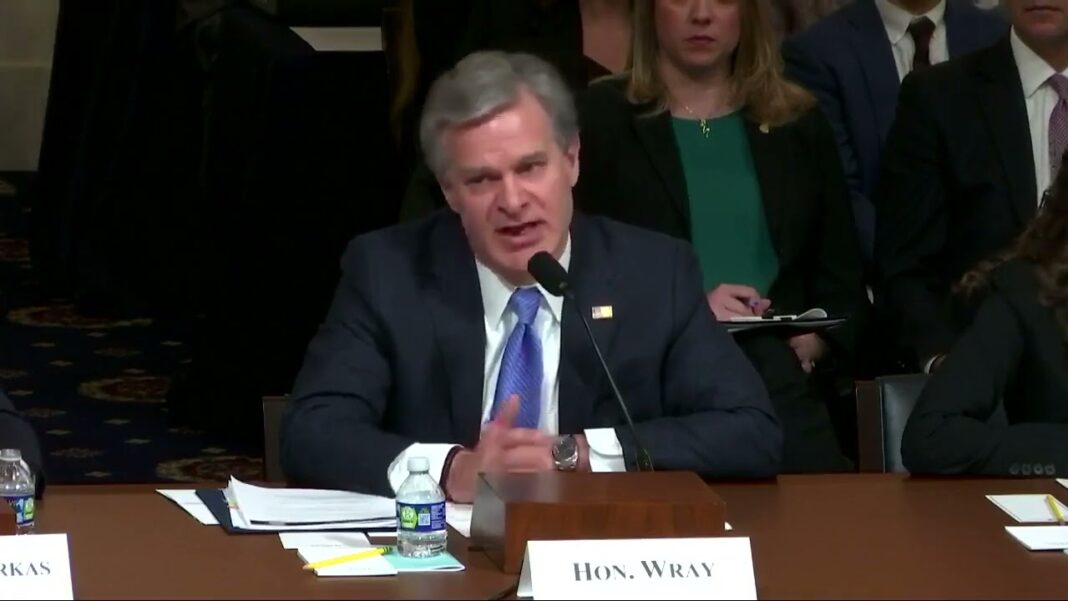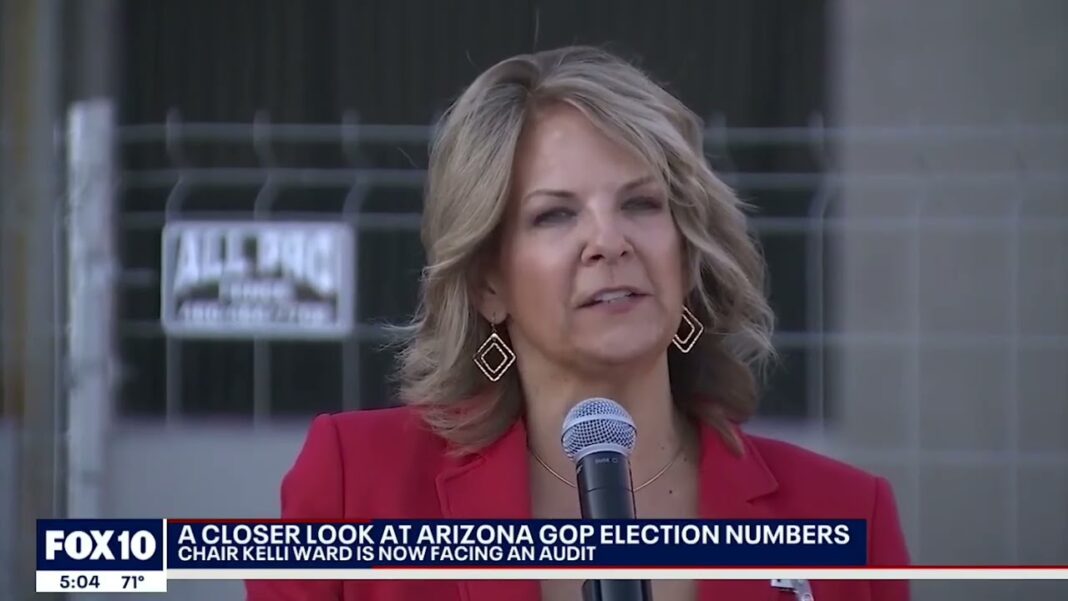After the industry’s largest collapse, what’s next for crypto?
U.S. politicians are calling for stricter regulations on the cryptocurrency industry as a result of the FTX bankruptcy and potential fraud.
“It shows the weaknesses of this entire sector,” Secretary of the Treasury Janet Yellen told Bloomberg on Nov. 12, emphasizing the need for “very careful regulation.”
“The notion you could use the deposits of customers of an exchange and lend them to a separate enterprise that you control to do leveraged, risky investments—that wouldn’t be something that’s allowed,” Yellen continued, referring to reports that FTX loaned customer funds to sister company Alameda Research, a self-described “crypto trading firm.”
One of the top-ranking members of the House Financial Services Committee, Rep. Patrick McHenry (R-N.C.), weighed in as well. “The recent events show the necessity of congressional action,” he wrote in a press release. “It’s imperative that Congress establish a framework that ensures Americans have adequate protections.”
A financial scandal of this sort would typically fall under the purview of the Securities and Exchange Commission (SEC), and, indeed, SEC Chair Gary Gensler did meet with the staff of FTX as early as March, with follow-up meetings thereafter, according to a Fox Business report.
Some have pointed to these meetings as examples of negligence and possible collusion.
John Berlau, director of finance policy at the Competitive Enterprise Institute, told The Epoch Times that “there are many laws against fraud and deception already on the books that could and should be enforced if they apply.”
“The SEC should also be faulted for focusing on ‘woke’ agenda items such as ESG mandates for public companies,” Berlau went on. “It should drop its pending regulations such as climate disclosure rules that do little to address investors’ needs, and rededicate its time and resources to investigating and punishing true investor fraud.”
The SEC didn’t immediately respond to a request for comment.






